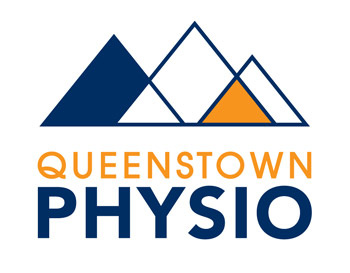Optimising Injury Healing – Stress
Healing from injury or surgery is an important process. Poor healing of muscle, ligaments, tendons and bones can delay your recovery and your return to the things you like doing. If you have had surgery or have open wounds, poor healing can increase wound infections or complications.
Healing from a wound or injury requires you to be in good physical condition. Some things can delay healing such as diabetes, smoking and immunological conditions. You may not realize psychological factors also play a part. Stress, which is a normal and natural reaction, is one factor which has been shown to delay healing of wounds/tissue damage.
Unfortunately, chronic stress promotes habits that can negatively impact on health and healing. These habits include smoking, alcohol and drug abuse, reduced level of exercise, poor diet choice and poor sleep. This sounds like Queenstown!
How stress affects your body:
Many functions in your body are controlled by your autonomic nervous system, there are two parts to this system; the sympathetic nervous system (SNS) and the parasympathetic nervous system (PNS).
The SNS kicks in when your body perceives it is in danger (such as jumping out of the way of a wayward car). It is the fight/flight response. The SNS is also activated when we are under physical stress, such as an injury or a heavy exercise session. Emotional or psychological stress can cause the SNS to work for long periods, which is detrimental to regular body function and can cause clinically relevant delays in healing.
The SNS functions are related to ‘survival’. When activated it helps increase blood flow to your muscles (so you can run away), by reducing the blood flow to your internal organs. If the SNS stays activated for long periods (such as stress), it can have detrimental effects on the functions of your organs such as digestion, fertility and growth (healing).
It is normal for both the SNS and PNS to work together daily, the PNS should be dominant while resting/sleeping to encourage the ‘rest and digest’ functions. The SNS should be more dominant when you are more active, to increase blood to muscles and your breathing and heart rates. Between spikes of SNS activity you should return to a more relaxed/PNS state.






